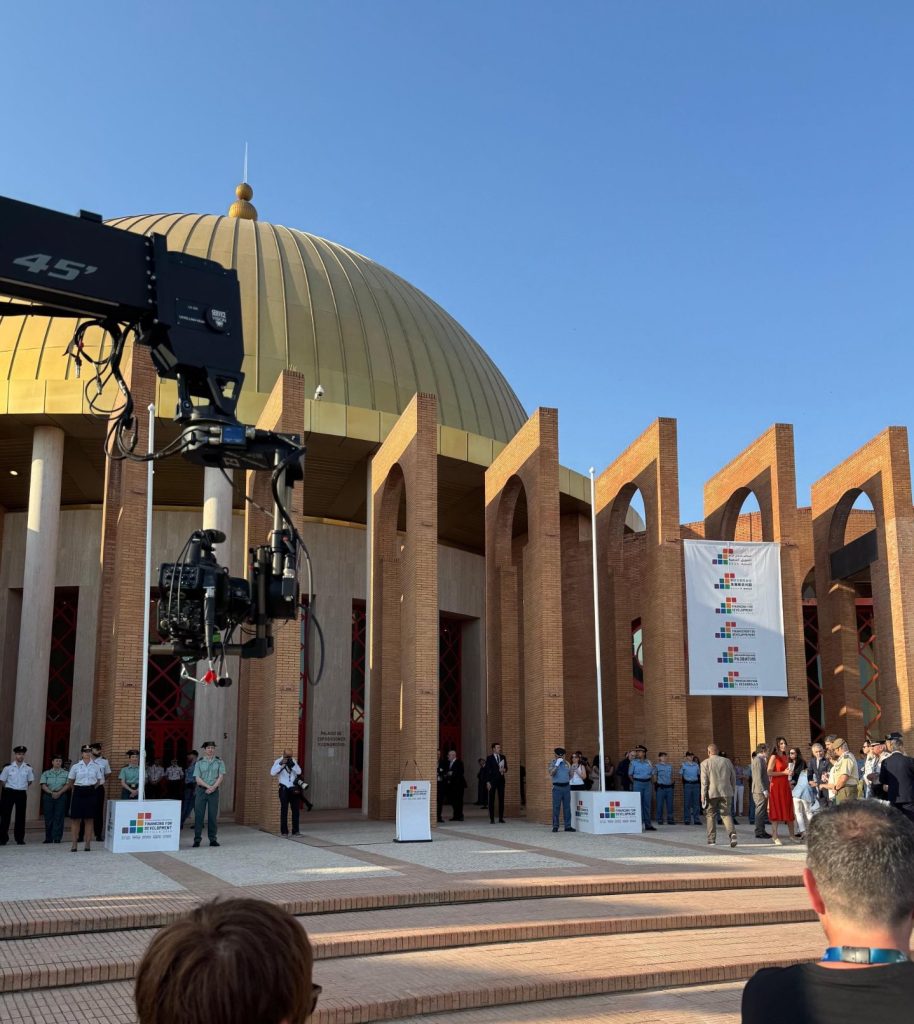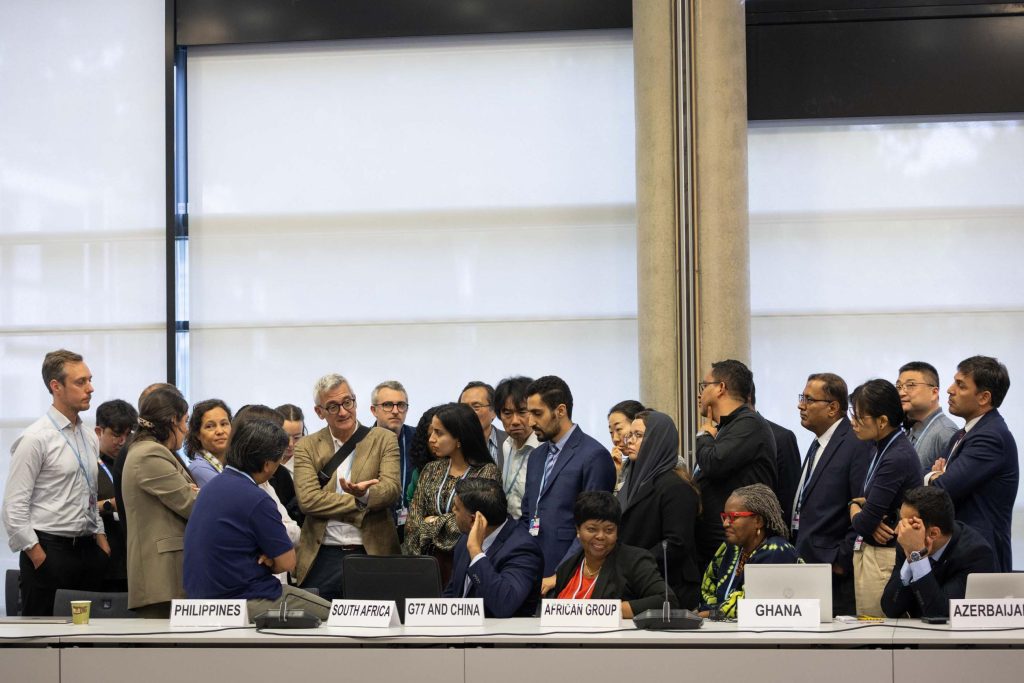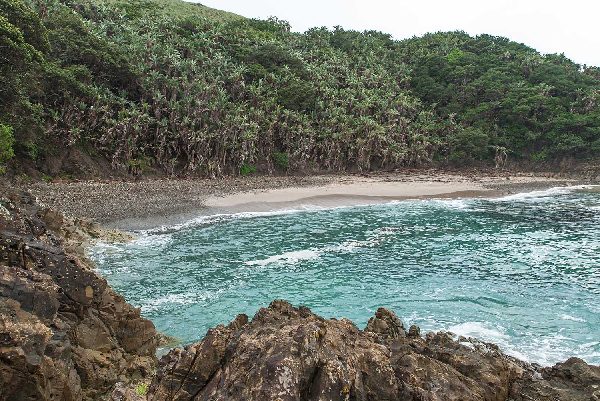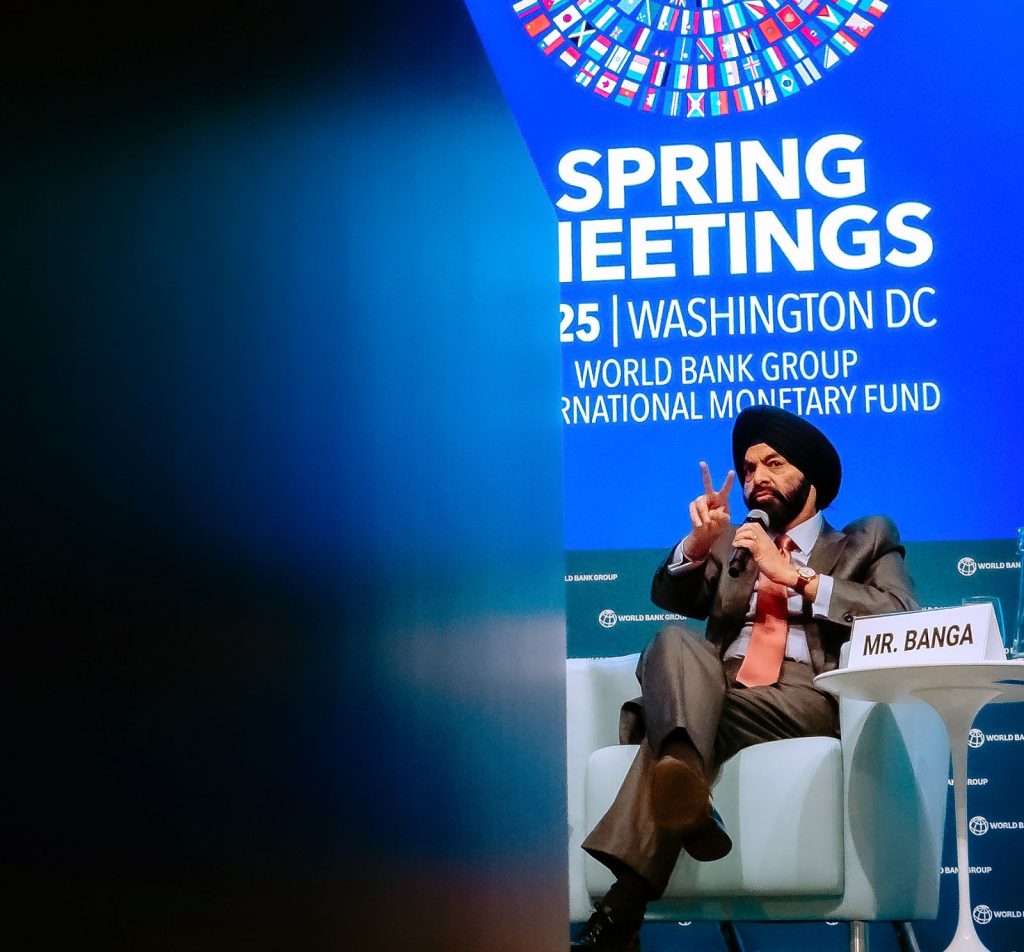Earlier in June, countries met in Paris for the Summit for a New Global Financial Pact, aimed at building a “new consensus” to meet global poverty, climate and nature targets. Many were hoping that the summit would not only realise new meaningful commitments and approaches to climate finance, but that it would also set the tone for negotiations at COP28 later this year.
The meeting got off to a difficult start with the notable absence of some key heads of state, such as the leaders from the UK, UK, India, Canada. However, African leaders, which were plentiful in attendance, shone. In the closing plenary, Zambia’s President Hakainde Hichilema underscored the necessity for accelerated action in implementing what had already been agreed, including the G20 Common Framework on debt. He emphasised that the priority should not just be focused on mobilising resources, but about investing resources in a way that grows economies, creates jobs, adds value, and lowers the cost of capital.
Mohamed Bazoum,the President of Niger,delivered an impassioned speech, underscoring the need for a capital increase at the World Bank, and the building of “an ingenious toolbox in which funding will have to be better shared,” adding: “it must include the monetisation of carbon quotas and special drawing rights” (SDRs). He also called on developed countries to make concrete and operational the longstanding $100 billion/annum climate finance pledge they had made more than a decade ago. This issue was also picked up by other African leaders, including Egypt, South Africa and Zambia. This appeared to puzzle French President and host, Emmanuel Macron who argued that the pledge had already been met.
The outcome of the meeting was a Chair’s summary and a “proposed” roadmap that contains a series of time bound actions. They focus on measures to restructure debt, particularly in Ghana and Zambia, and a push to develop common definitions around vulnerability and criteria for concessional and low cost finance. They also focus on measures within the IMF, such as re-channeling SDRs, and capitalising its two trust funds for climate vulnerable and low income countries. In the Chair’s Summary, there is a push for more countries to adopt carbon pricing, and there was also growing support for a levy on emissions from the shipping sector. Overall the document maps actions and initiatives for a host of actors across the financing landscape although it’s hard to tell whether these are as a result of the summit itself or whether they were under development anyway.
While important, the roadmap has also been criticised by Politico for delivering momentum but failing to address the underlying problems preventing developing countries from investing in development and climate measures — in particular, their crushing debt levels. Reportedly, developed countries barely engaged with the Global South’s key demands on debt relief and new financing. Admittedly, the Chair’s Summary does place emphasis on the need for timely delivery and strengthened clarity in the G20/Paris Club Common Framework’s implementation, but little further on what this would entail.
Some of the more interesting announcements coming from the meeting included a commitment by the World Bank’s President Ajay Banga, to introduce Climate Resilient Debt Clauses or “pause clauses” on debt service for countries facing crisis or catastrophe. The World Bank will also be giving countries more flexibility to redirect their lending portfolio to finance emergencies, as well as building in novel forms of insurance such as catastrophe insurance into lending.
The IMF also announced that it had reached a target of making available $100 billion in SDRs, a reserve currency, available to climate-vulnerable countries (although French President Macron later clarified that only $60 billion has been sent to the IMF, with a further $40 billion already pledged still to be delivered). The African Development Bank (AfDB) has been eyeing these funds and is hoping to rechannel them. Speaking at an event on debt and SDRs, AfDB President, Akinwumi Adesina said that multilateral development banks could leverage an allocation of $200 billion [as an example] and turn that amount into a trillion dollars.
An International Partners Group comprising France, Germany, the EU, the UK and Canada, also announced the launch of a Just Energy Transition agreement amounting to €2.5 billion with Senegal. The partnership will finance the deployment of renewable energies as provided for in Senegal’s Integrated Low-Cost Electricity Plan over a three to five year period.
On the side-lines of the meeting, Zambia struck a deal with to restructure $6.3 billion of its debt. In the closing ceremony on the final day, Zambian President Hakainde Hichilema thanked countries and creditors for making his country’s debt restructuring deal possible. But, he said, the agreement had taken too long to hammer out, criticizing “the speed at which we do things … Every day we don’t deliver these things we are basically increasing the costs.”
Many going into the conference hoped for but did not expect a material agreement to come out of it, and the French Presidency itself framed it as a momentum and confidence building event. It is one of many engagements in the long process of reconfiguring a deeply entrenched and established financial system with the pressing, novel and complex needs of a world facing a climate crisis. Having aimed low the summit is difficult to criticise, but if it is to be meaningful, the new initiatives launched at it, the engagements around debt, and the undertakings particularly relating to SDRs and reforms within global financial institutions, need to be implemented. As South African President Cyril Ramaphosa said during the meeting “Sometimes we’ll sit at conferences like this and say, ‘Yes, we will make this available and that available,’ and we believe you. We believe you, but now … we must now see action flowing from that.”






